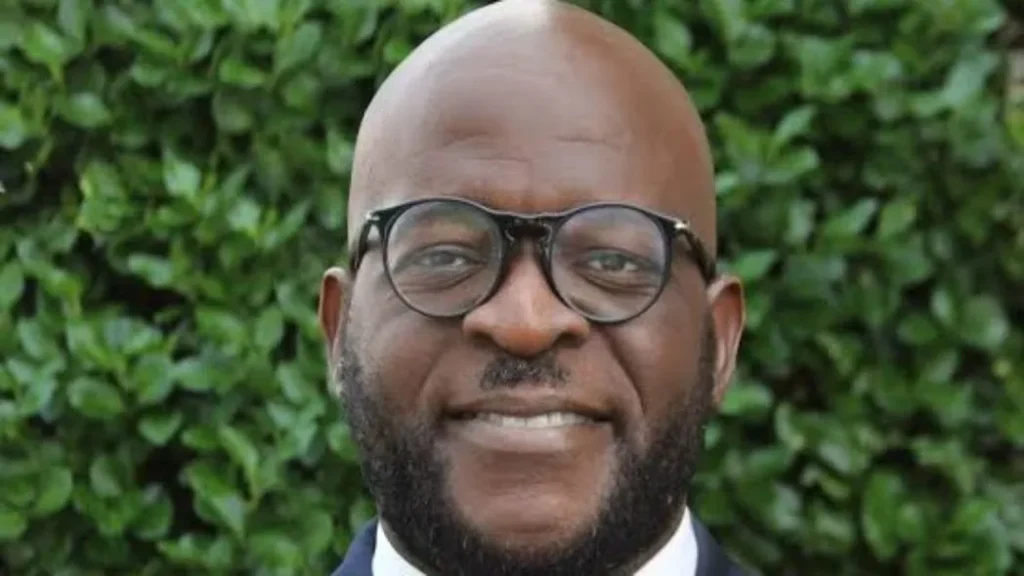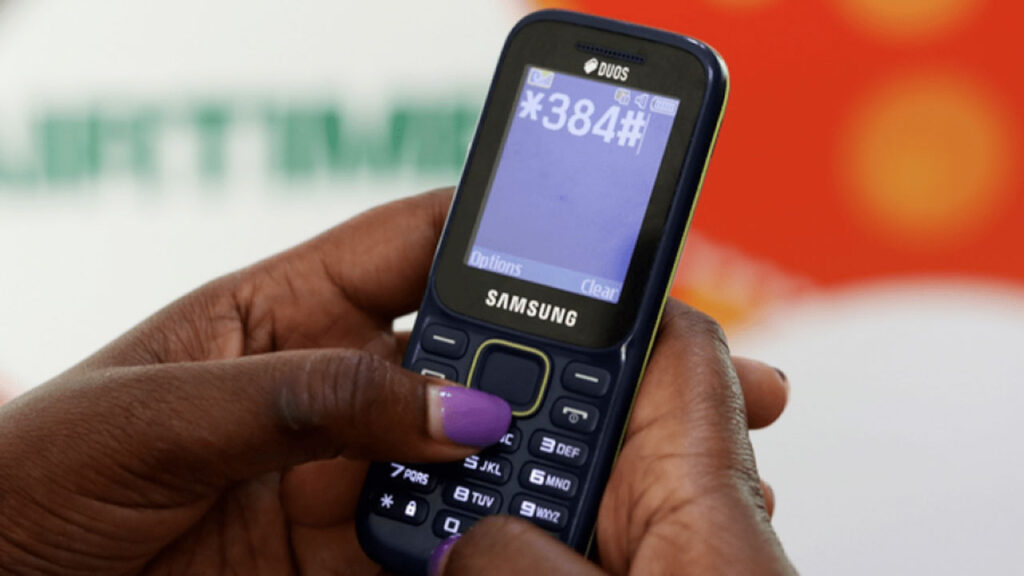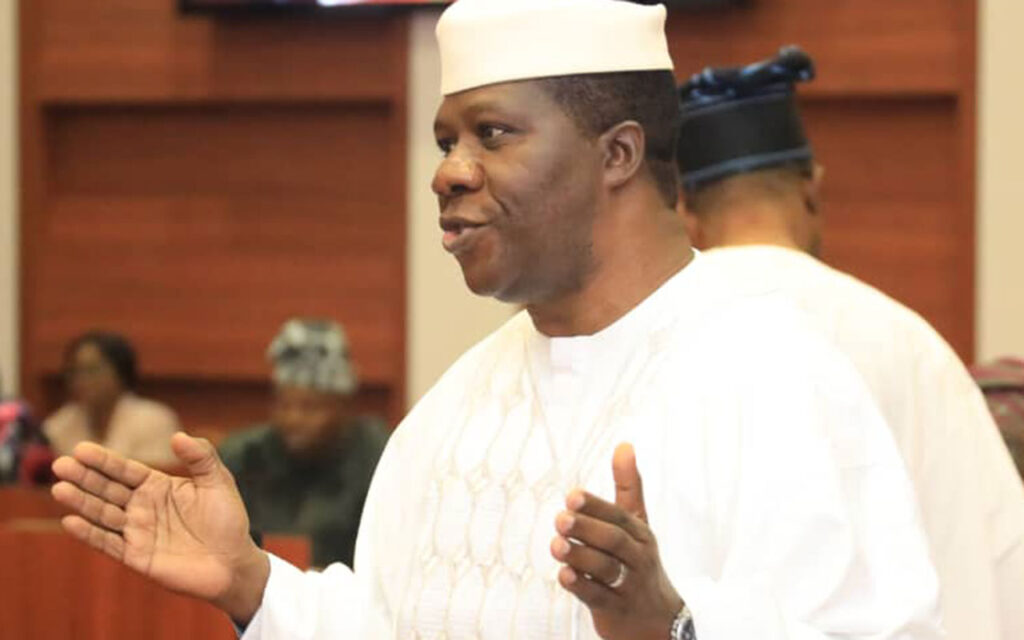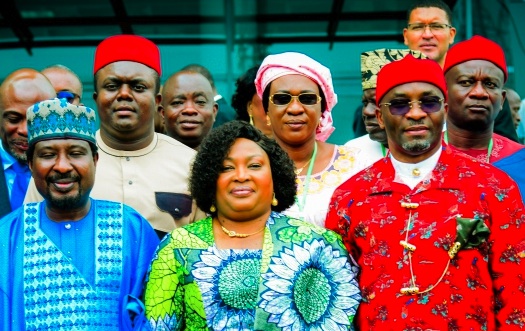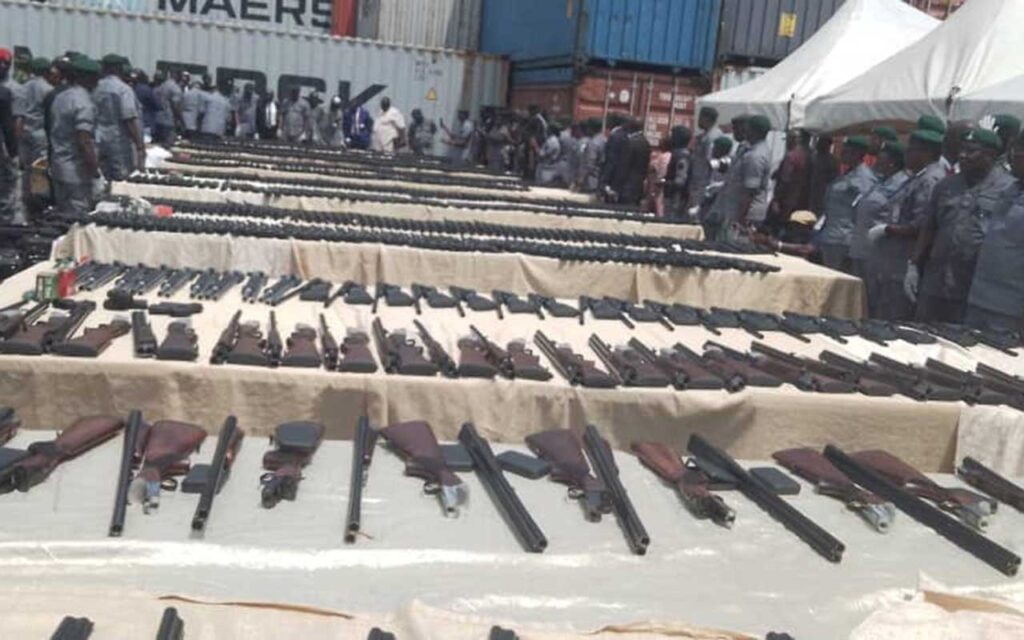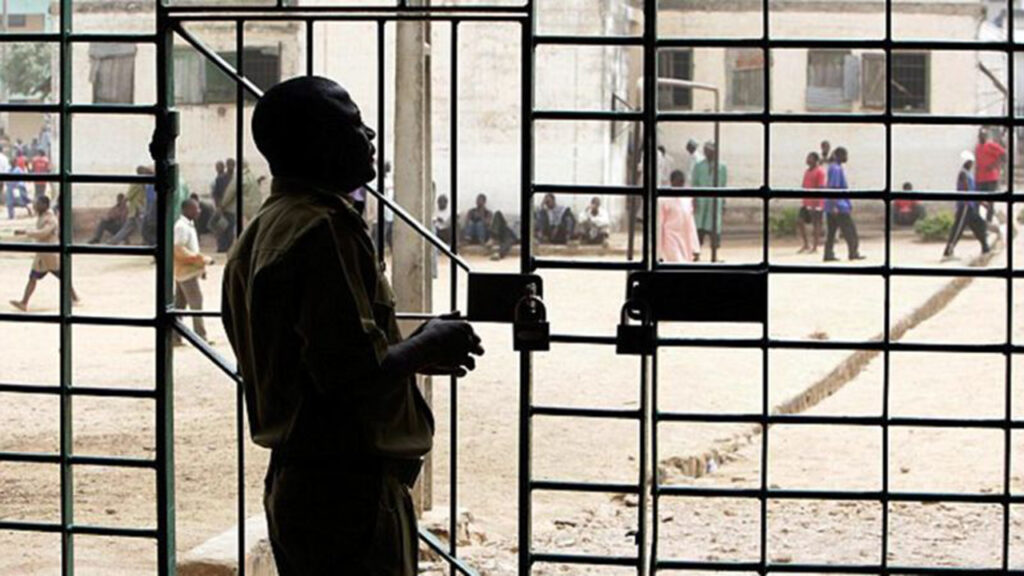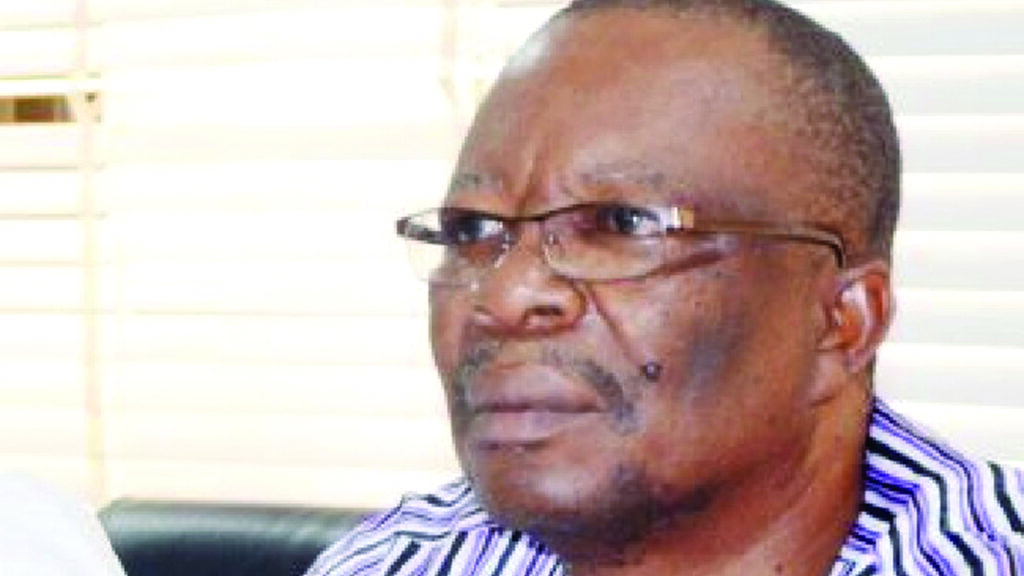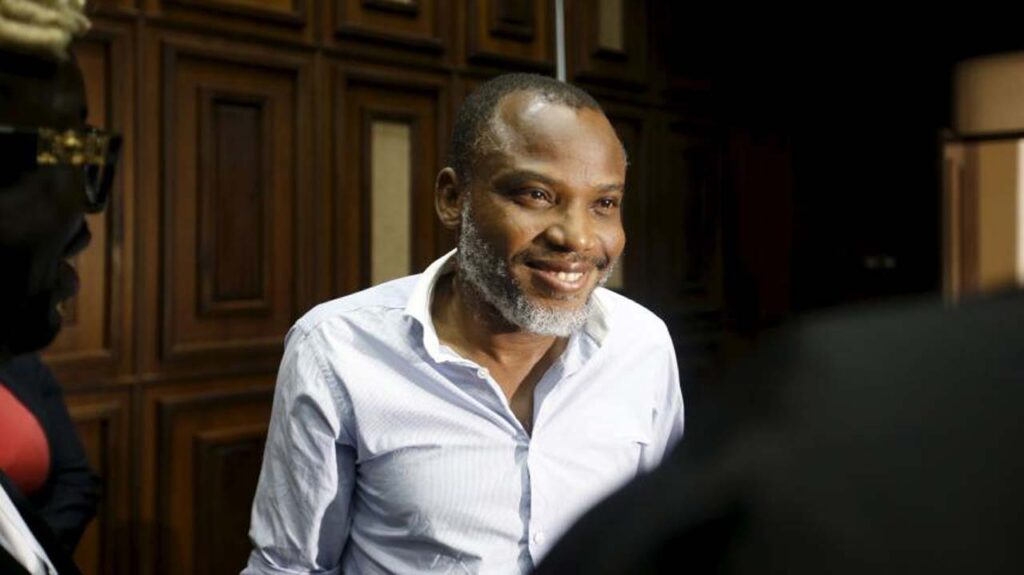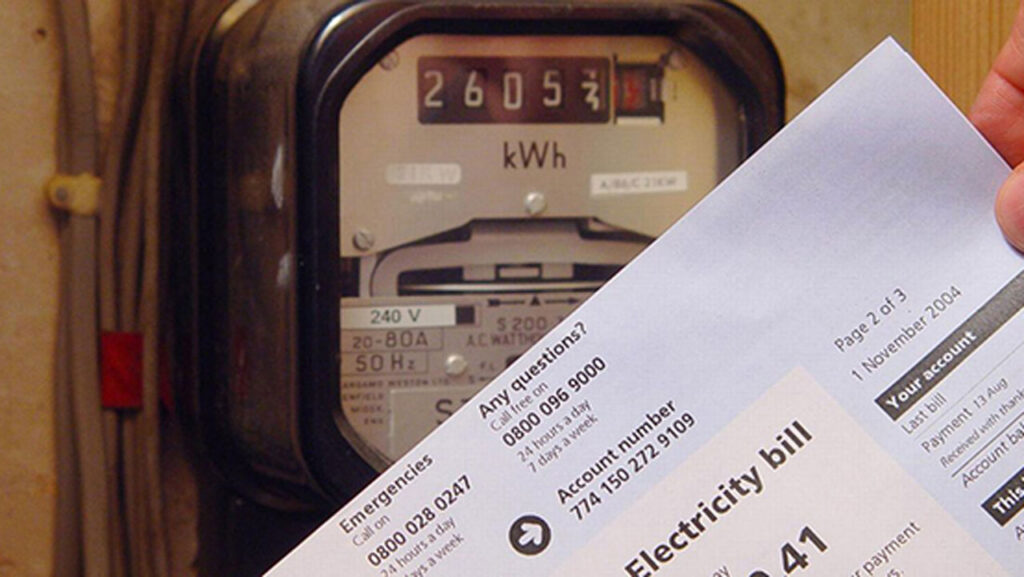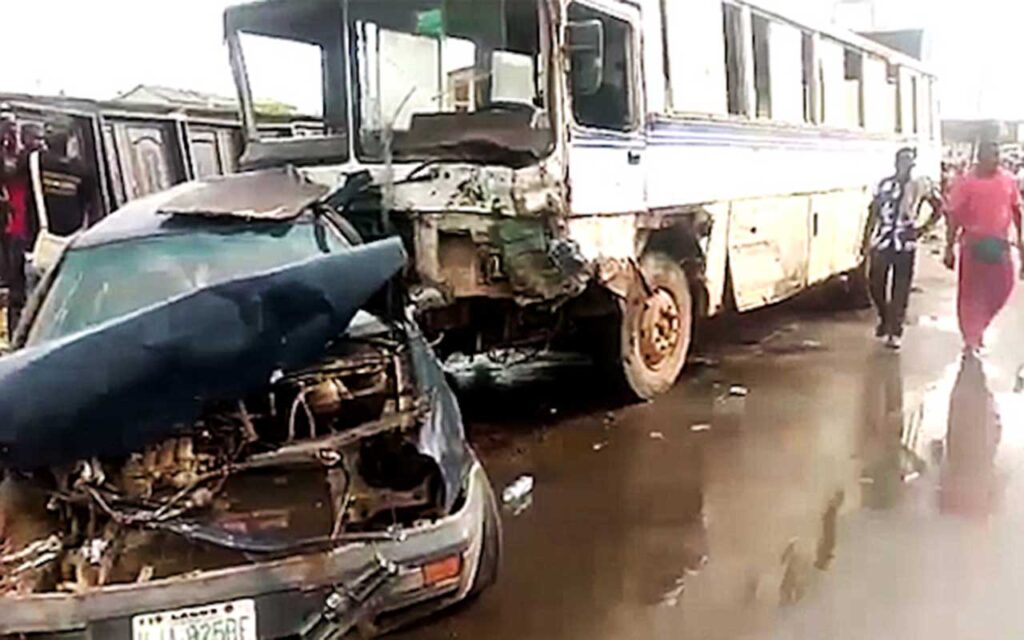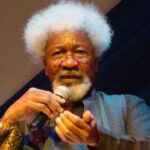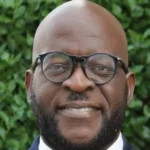
Mr Yomi Faparusi a Nigerian based in the United States of America, has narrated how he was almost abducted and killed during the dark days of military rule in Nigeria by agents of the State Security Service (SSS), now Department of State Service (DSS).
The Nigerian American, who spoke to reporters in a virtual press conference on Tuesday, said he was targeted for elimination because he was one of the student union leaders mobilising students to demonstrate over the detention of the presumed winner of the June 12, 1993, presidential election, Moshood Kashimawo Olawale Abiola.
Faparusi who is running for a seat in Congress in November’s general election to represent one of the districts in the state of Tennessee, said he escaped from Nigeria in 1997 to seek political asylum in the United States when he realized that he would be detained by the Abacha regime and killed.
Faparusi said at the time, the late General Sani Abacha who usurped power after the annulment, had gone rogue, sending assassins to kill many pro-democracy activists. Narrating how he almost lost his life, he said he was at the Aleshinloye Market in Ibadan when he noticed that three men dressed like SSS agents were following him.
His words: “In one of those expeditions, Abacha sent his killers to Ibadan in Oyo State to get me and other student union leaders abducted. We were preparing for a nationwide strike and demonstration then. I mean various groups were involved, including students, market women and labour unions.
“But the plan leaked and the Abacha junta started picking up people. Without cell phones back then I could not get wind of my impending arrest by security agents. At the Aleshinloye Market in Ibadan, I saw three men dressed like SSS agents following me. I moved fast and hid in a shop and when I was trying to leave, I saw these men waiting for me.
“Fortunately, one of the store owners allowed me to stay in his shop. He left me at his store after the market closed. After I escaped from the market, I stayed underground. But when I heard that some of my comrades had started disappearing, I decided to flee Nigeria.”
He explained how he became an activist: “On UI campus, despite being a medical student, I was active in the students’ union and several demonstrations. Off-campus, I worked with chapters of the Nigeria Labour Congress (NLC) in strategy. Back then, the NLC would have a nationwide strike which was not sustainable for a long time.
“I was one of the proponents of scattered and sequential strikes — different chapters strike at different times so the strikes could be continuous like a relay race. When I got to the U.S., I attended events organised by the NADECO chieftains, including President Bola Tinubu who was a key figure in the struggle for restoration of democracy then.”
He said he got involved in the June 12 struggle because of his disdain for military regimes. Faparusi said: “My formative years were under military rule and I believe that the men in uniform ruined the life of a lot of people in my age group. Abacha was a tyrant on a different level. I was determined to end his government.”
He enjoined young Nigerians to take their voting rights seriously, adding: “Many died for the right so they should please make sure they vote in every election.”
Faparusi hailed Nigerians for their resilience, saying many of them rose against the illegitimate military junta led by the late Gen. Abacha. According to him, the sacrifice made by those who fought against the annulment of the June 12 election is what gave rise to the current civilian rule in Nigeria.

